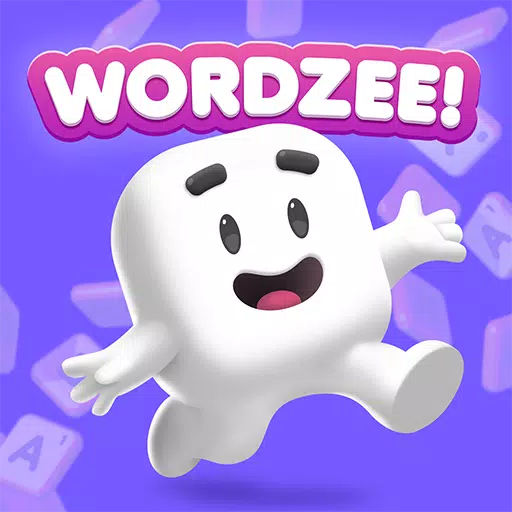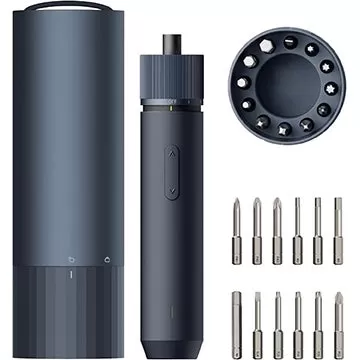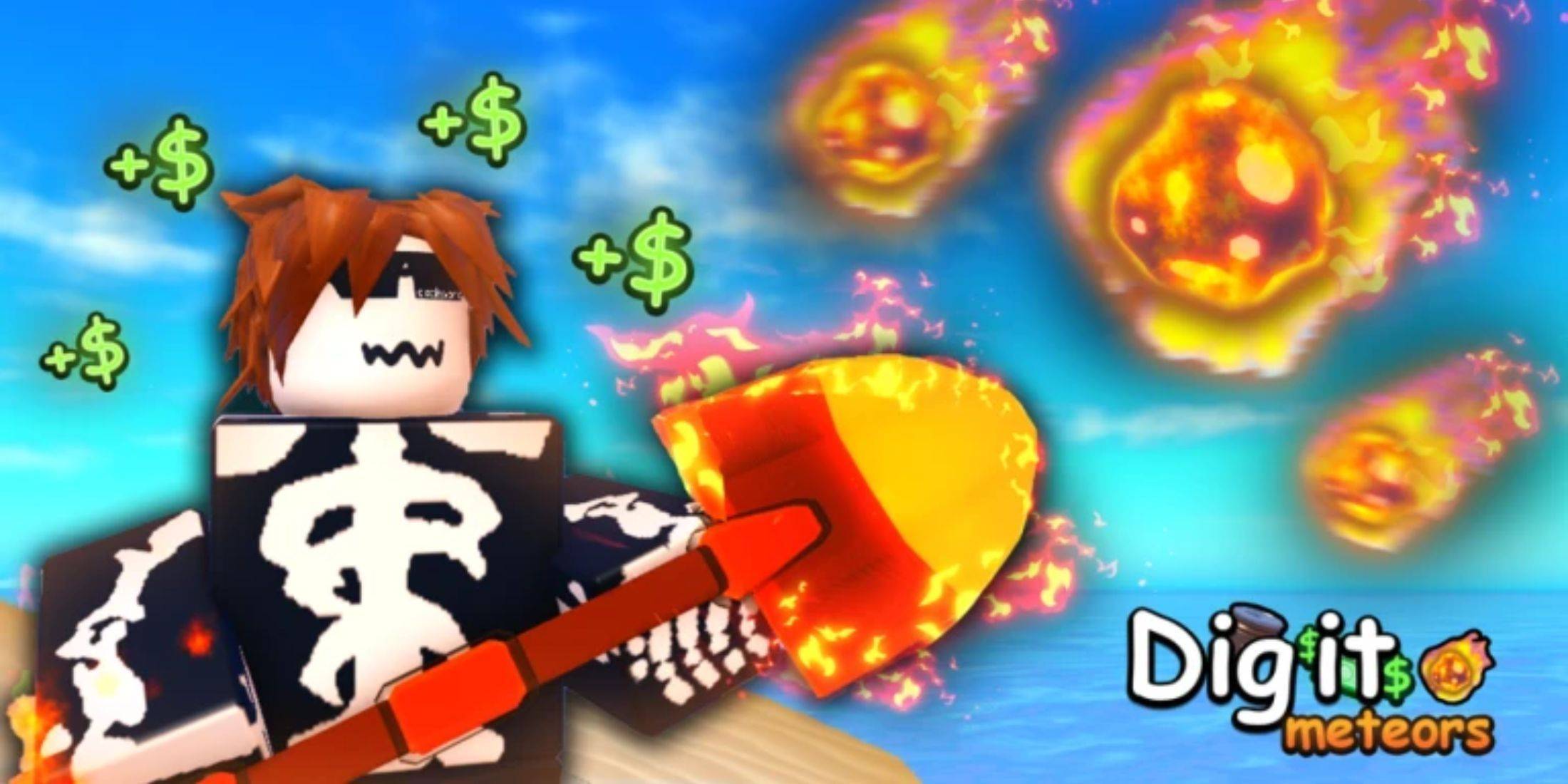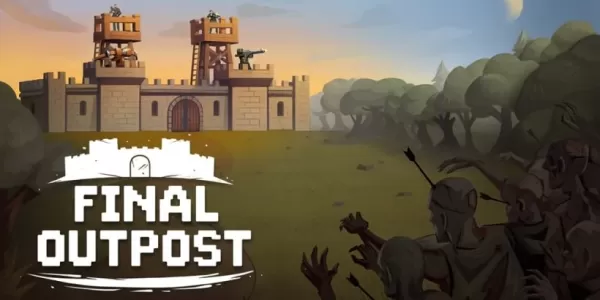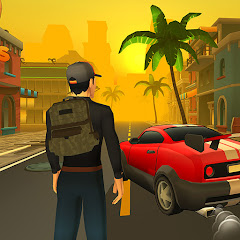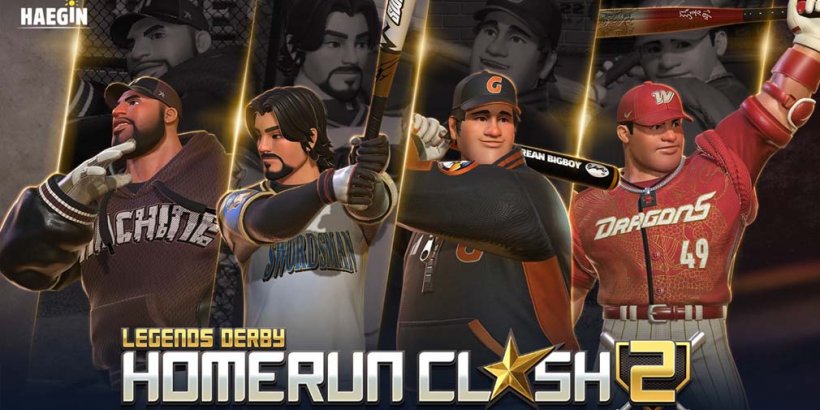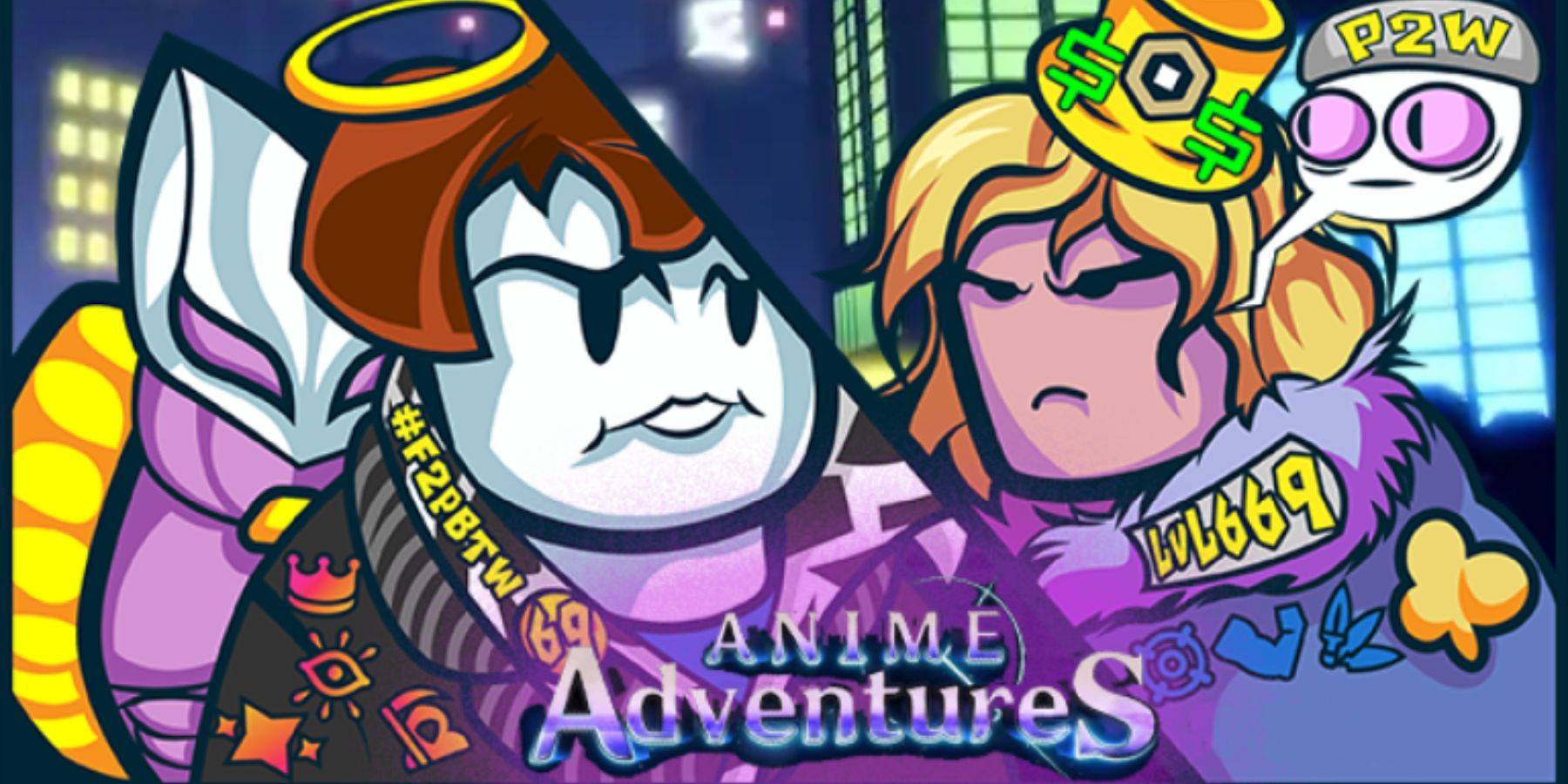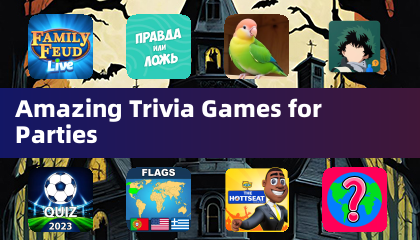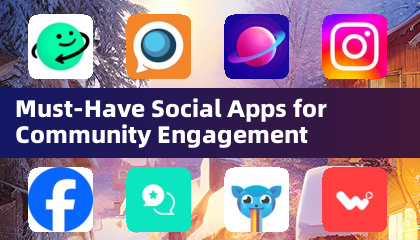Marvel Rivals' Beta Proves Popular
Marvel Rivals Beta's Stunning Success: Outperforming Concord by a Wide Margin
Marvel Rivals, NetEase Games' hero shooter, has significantly outpaced Sony and Firewalk Studios' Concord in player numbers during their respective beta tests. The difference is dramatic.
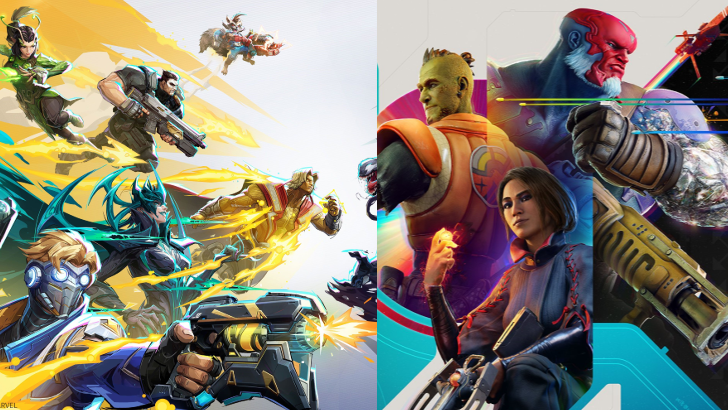
A Stark Contrast in Player Engagement
Within just two days of its beta launch, Marvel Rivals boasted over 50,000 concurrent players on Steam, dwarfing Concord's peak of approximately 2,388. This impressive figure, reaching 52,671 at its highest point (July 25th), doesn't even account for potential PlayStation players. This disparity highlights a significant challenge for Concord as its official release approaches on August 23rd.
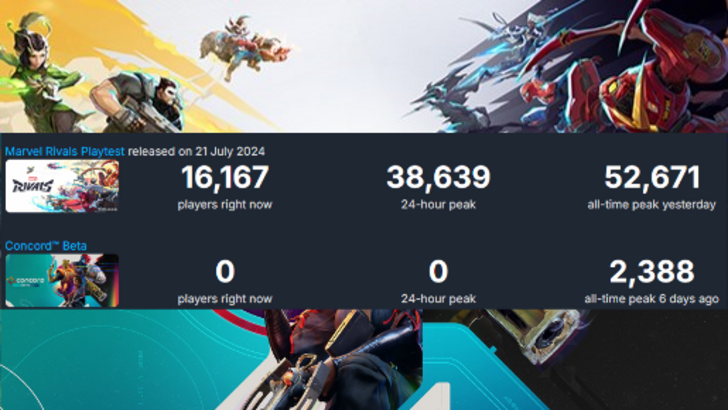
Free-to-Play Advantage and Brand Recognition
Marvel Rivals' success contrasts sharply with Concord's struggles. While Concord required a $40 pre-order for beta access (excluding PS Plus members), Marvel Rivals offered free-to-play access, significantly broadening its reach. This, coupled with the inherent appeal of the Marvel brand, likely contributed to the substantial difference in player engagement.

Concord's performance is further underscored by its low ranking on Steam's most-wishlisted chart, indicating limited anticipation. Conversely, Marvel Rivals enjoys a much higher ranking, alongside established titles like Dune: Awakening and Sid Meier's Civilization VII.
Market Saturation and Brand Identity
The crowded hero shooter market and Concord's lack of a distinct identity pose significant hurdles. While its "Overwatch meets Guardians of the Galaxy" aesthetic initially caught attention, it seemingly failed to capture the same charm. The success of titles like Apex Legends and Valorant proves that a strong brand isn't always a prerequisite for success, but Suicide Squad: Kill the Justice League's relatively modest player count (13,459) shows that a powerful IP alone isn't a guarantee either.
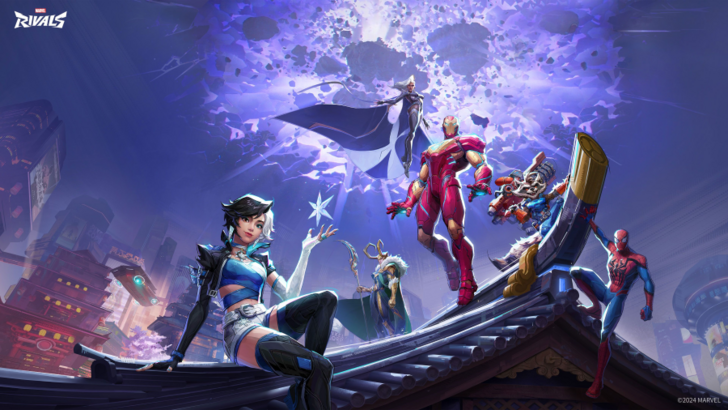
Although comparing Concord directly to Marvel Rivals might seem unfair due to the latter's established IP, both games operate within the same genre, highlighting the competitive landscape Concord must navigate. The significant player count difference underscores the crucial role of accessibility and brand recognition in the success of a live-service hero shooter.






